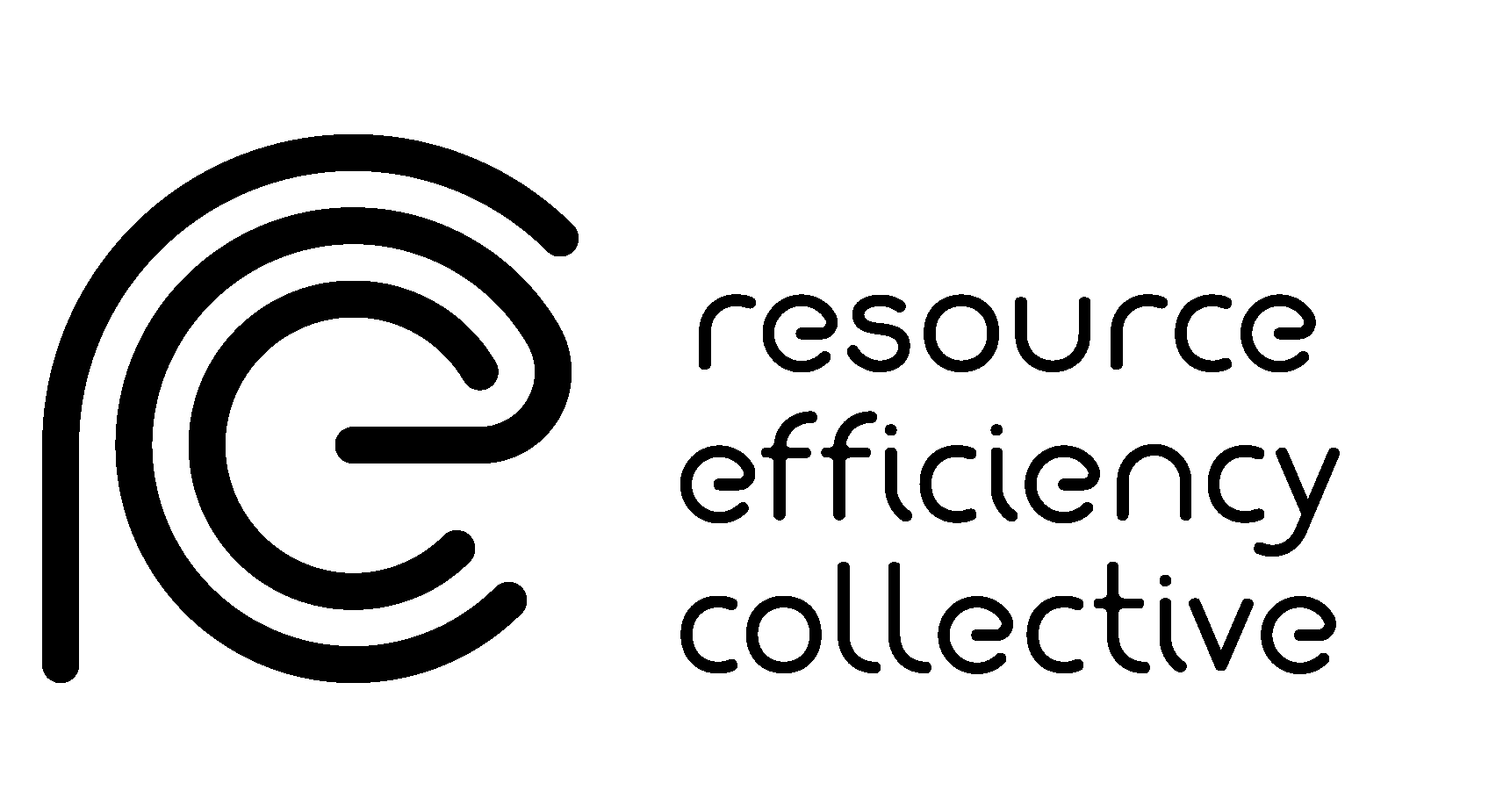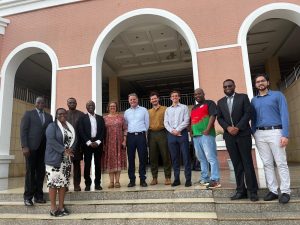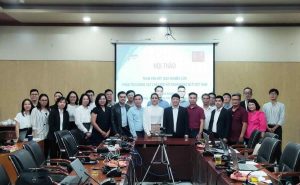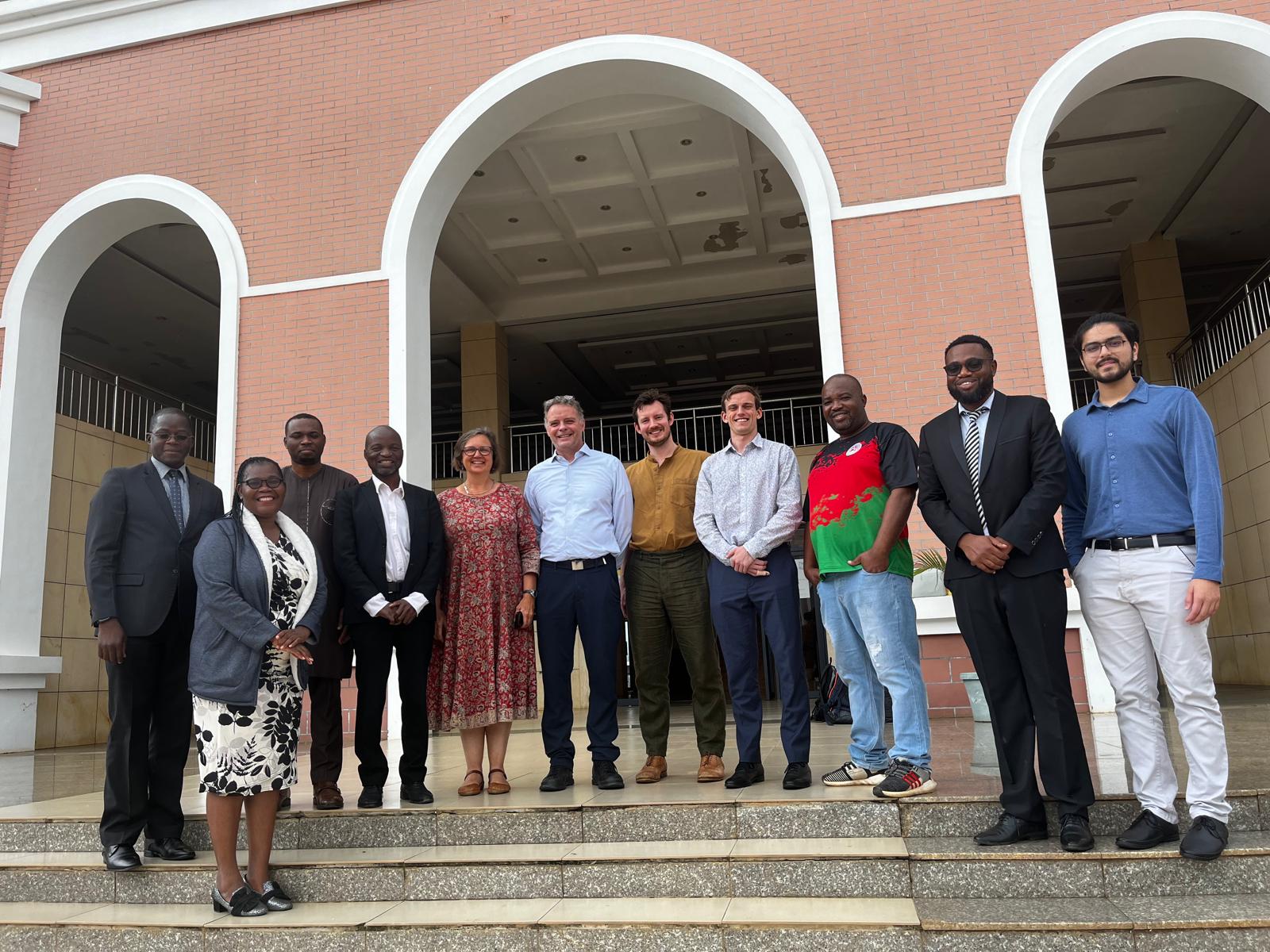Insights from the Foundation Industry Forum
The Foundation Industry Forum, held on the 16th and 17th of October in Leeds, provided a dynamic platform for sharing insights and knowledge within the foundation industries to drive progress towards transformative change. The event boasted an interactive program featuring workshops enabling exchanges between industry experts and academics to address some challenges and opportunities for the foundation industries.
On the first day, the forum was focused on clearly understanding the landscape and challenges for the foundation industries. From the presentations by Graham Hillier, some key points included the imperative to scale up production in the UK, strengthened by a call to enhance resource efficiency and reduce the carbon footprint of existing assets—an opportunity for leveraging the digital domain’s potential to optimise operations and track materials. A holistic understanding of the materials’ entire lifecycle, from production to end-of-life, was emphasised to fortify supply chains and promote efficient utilisation. It became clear that these challenges resonated throughout the foundation industries’ spectrum, underlining their universal significance.
From Innovate UK, Neelam’s presentation presented an innovative approach proposed by the Cambridge Institute for Sustainability Leadership (CISL), grounded on market-driven decarbonisation. This paradigm shift was supported by mentioning various funding opportunities for initiatives poised to reshape the industry’s trajectory. Afterwards, a hands-on session by International Synergies investigated the potential for industrial symbiosis and novel business prospects by repurposing waste resources. This approach provides environmental benefits and can unlock economic value within these resources.
On the second day, we had a series of workshops to tackle technological transformation to achieve Net Zero and fortify the foundation industries in the UK. The focus was on identifying and prioritising challenges, a critical step towards actionable change. These considerations were poised to shape a future landscape for the foundation industries, one aware of the need for adaptation.
After recognising these challenges, focused groups worked on specific topics for in-depth exploration. The topic that I chose was: How might we ensure resource efficiency via supply chain integration and collaboration? Check the photo below of our group.
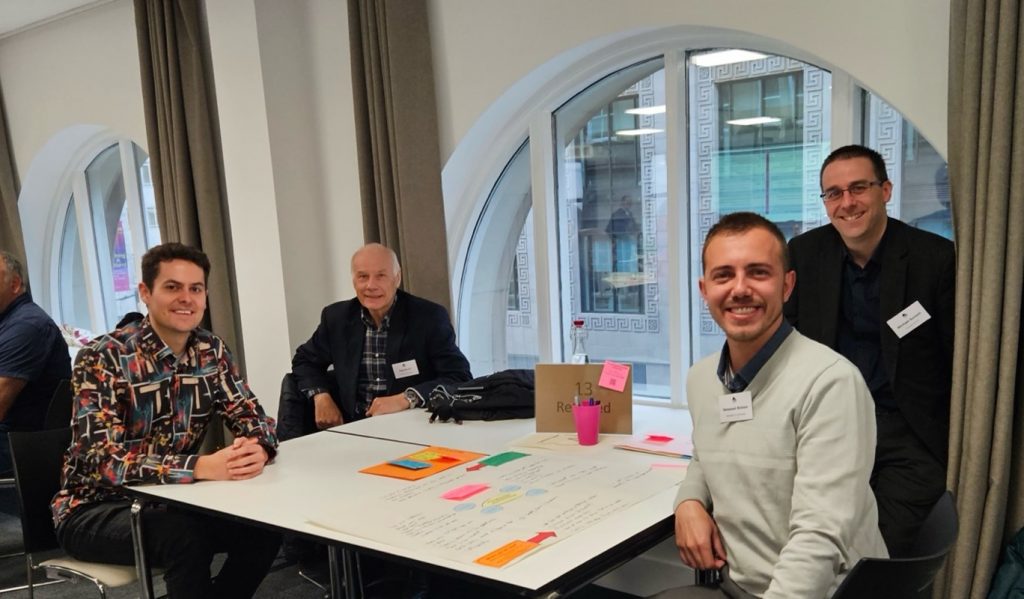
Figure 1 – Discussing Resource Efficiency in the supply chain. Left to right: Bradley Thomas, Paul Booth, myself and Michael Burnett.
To address this question, we identified our current position, defined the goal to be pursued, and formulated potential strategies to bridge the gap. From our perspective, the present scenario paints a picture of a disconnected supply chain, with individual companies operating within their silos, hesitant primarily to change their established modus operandi. The goal is to have a supply chain coordinated with a circular economy and resource efficiency principles, providing societal value and preserving the environment. The potential strategies identified for addressing this included:
- Comprehensive Mapping: A detailed description of resource flows within the UK, an initial step towards organising a connected supply chain.
- Collaborative Synergy: A collaborative attitude among companies to foster synergies and reduce waste.
Yet, an open question remains: How far should we push for innovation, and where are the critical points of connection needed to establish a sustainable and efficient supply chain?
The Foundation Industry Forum launches a vision of limitless possibilities for the future. The resounding message was obvious: revolutionising the foundation industries is a shared journey toward a sustainable and thriving future, not a solitary pursuit.
Featured image by Tim Lumley on Unsplash
